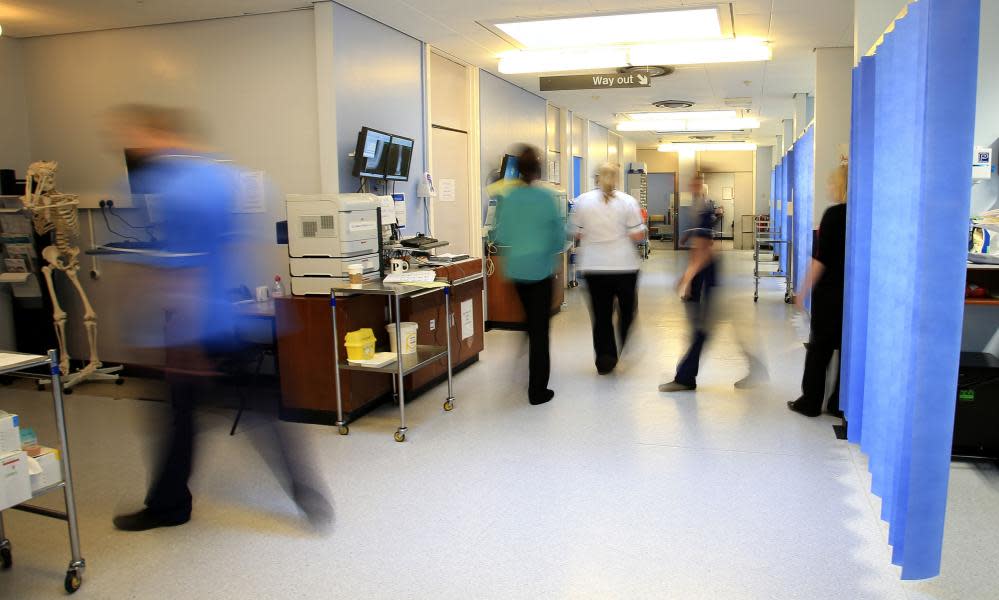Poor countries subsidise the NHS by training doctors – compensate them

The scrapping of the immigration cap is a rare victory for freedom of movement (Immigration cap on doctors to be lifted, 15 June), but the global health inequalities underlying the issue need to be part of the debate. The shortage of health workers is a global problem, particularly acute in parts of Africa and Asia, fuelled by global health inequalities. Nigeria has one doctor for every 2,660 people, compared to one doctor for every 354 in the UK. The UK is home to over 4,700 doctors who trained in Nigeria, providing a substantial subsidy from Nigeria to the UK.
In order to meet its commitment to increase NHS England funding by £8bn, the government cut “non-NHS England” funding (which includes funding for training health workers) by £4bn – a cut of 24% in real terms. If it intends to rely on some of the world’s poorest countries to fill the gap, it must put in place a mechanism to adequately compensate them.
Martin Drewry Director, Health Poverty Action
Prof David Sanders Global Co-chair, People’s Health Movement
Dr Titilola Banjoko Co-chair, Better Health for Africa
Thomas Schwarz Executive secretary, Medicus Mundi International Network
Marielle Bemelmans Director, Wemos
David McCoy Professor of Global Public Health, Queen Mary University of London
Remco van de Pas Academic coordinator, Maastricht Centre for Global Health
Dr Fran Baum Director, Southgate Institute for Health, Flinders University
Professor Ronald Labonté School of Epidemiology and Public Health, University of Ottawa
• Is there a quick and cheap way to recruit high-quality doctors and nurses who are familiar with our NHS system and who are exceptionally well trained? Yes, there is.
Many thousands of UK-qualified medics have moved abroad – to the US, Australia, New Zealand and Canada. But situations change, some get homesick, some see opportunities in the UK, and some are even concerned about elderly family members. Whatever their reasons, they are ripe for the picking. But the NHS often makes coming home unnecessarily difficult, penalising the doctors for having gone abroad, sometimes even making them feel guilty.
So why doesn’t the NHS work with our embassies, high commissions and consulates to establish contact with the overseas NHS alumni? Tell them what’s on offer and make it easy for them to come home. Make them feel welcome and value their training abroad. After all, they speak English, understand the system and, best of all, they won’t need a visa.
Parry Mitchell
House of Lords
• Join the debate – email guardian.letters@theguardian.com
• Read more Guardian letters – click here to visit gu.com/letters

 Yahoo News
Yahoo News 
